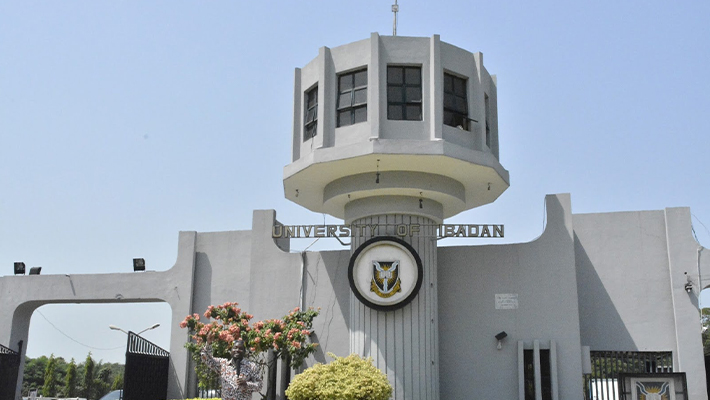The University of Ibadan (UI) has issued a strong advisory to its academic community following a noticeable increase in egg donation activities involving female students on campus.
In an internal memorandum dated April 15, 2025, the University Health Service raised alarm over the growing trend, cautioning against the recruitment of students by individuals, agents, or agencies for egg donation, primarily for In-Vitro Fertilisation (IVF) purposes.
While acknowledging that egg donation can offer hope to couples struggling with infertility, the university warned that it should not be viewed as a consistent source of income or a casual side hustle. The advisory, signed by the Director of the University Health Service, outlined several short-term health risks associated with the procedure. These include abdominal pain, breast tenderness, bloating, mood swings, ovarian hyperstimulation syndrome (OHSS), infections, ovarian torsion, potential damage to internal organs such as the bladder and bowel, and even psychological distress.
More concerning are the reported long-term risks, including the potential for reduced fertility in some donors. The memo stressed that current scientific research remains inconclusive regarding the long-term safety of egg donation, the number of times the procedure can be safely performed, and the medical criteria for eligible donors.
To safeguard students’ wellbeing, the university advised limiting egg donation to no more than three times per year and only engaging with licensed medical facilities that follow rigorous ethical and health standards. The university also urged students to make informed decisions, prioritising their long-term health over immediate financial benefits.
As this trend gains momentum, the University of Ibadan reaffirmed its commitment to protecting its students from exploitation and ensuring their health and safety remain paramount.





